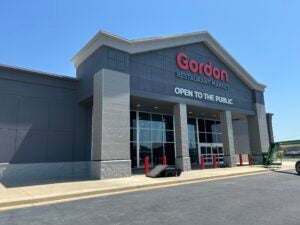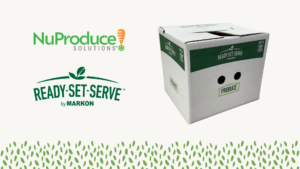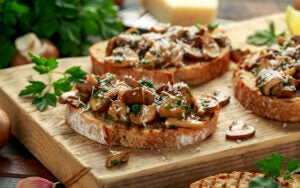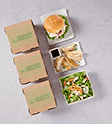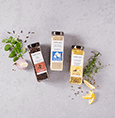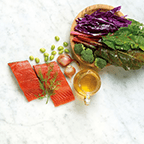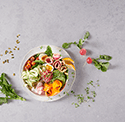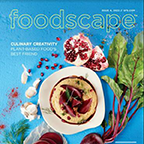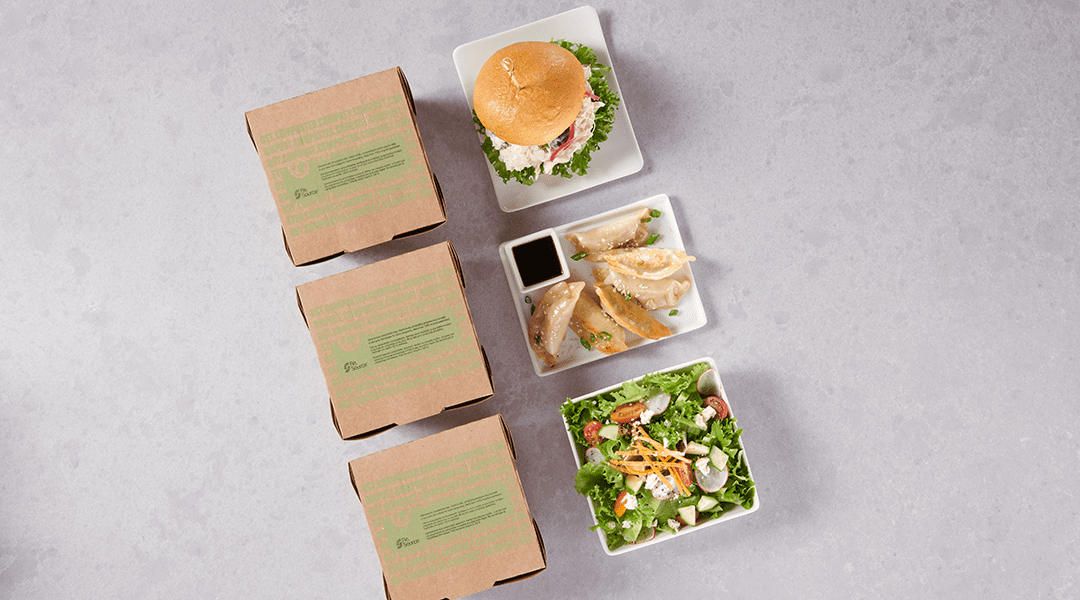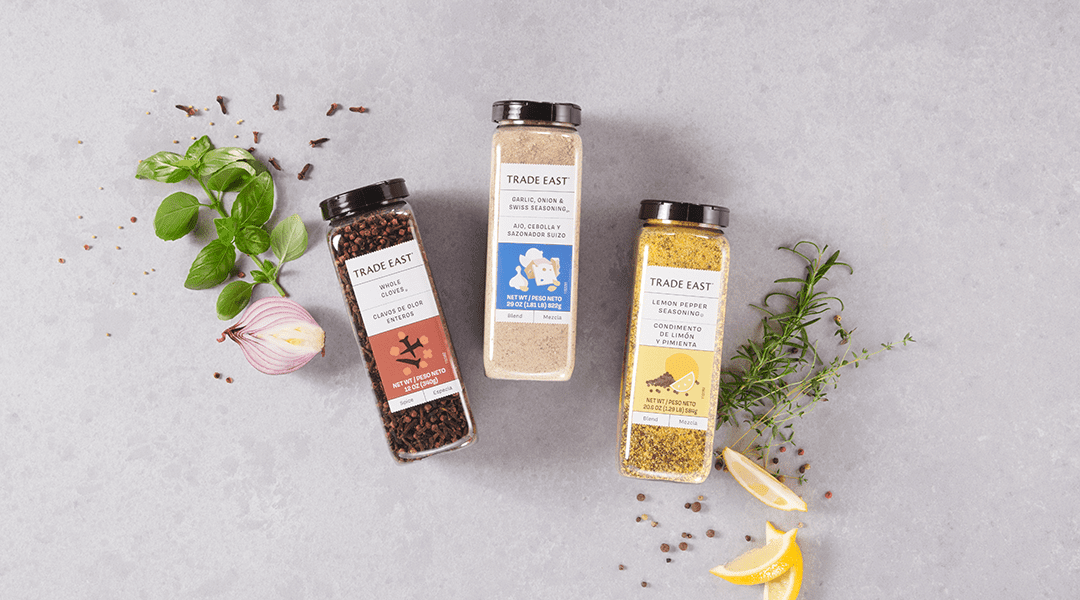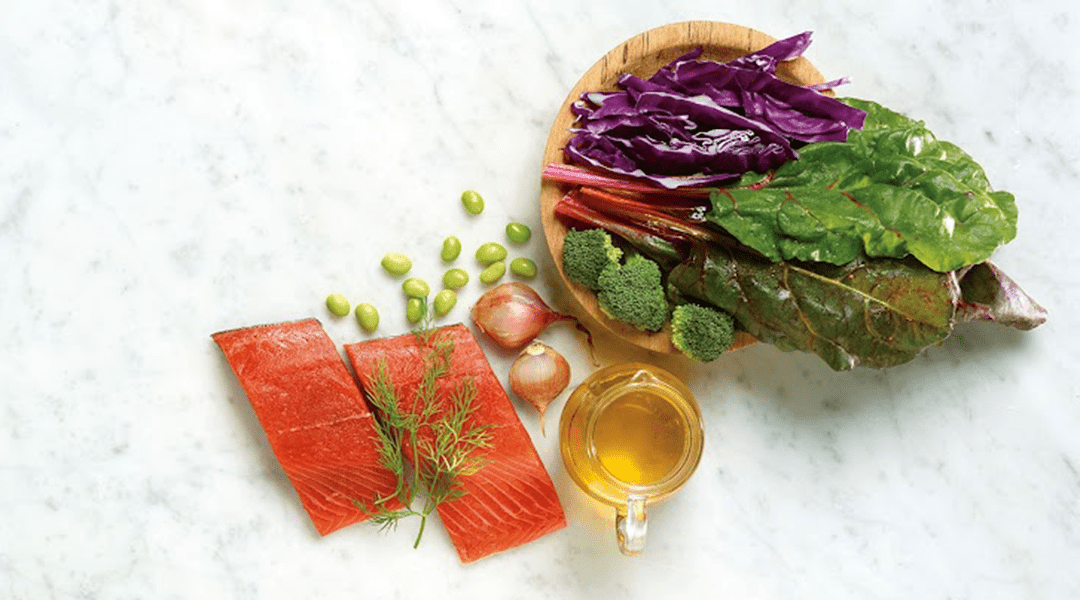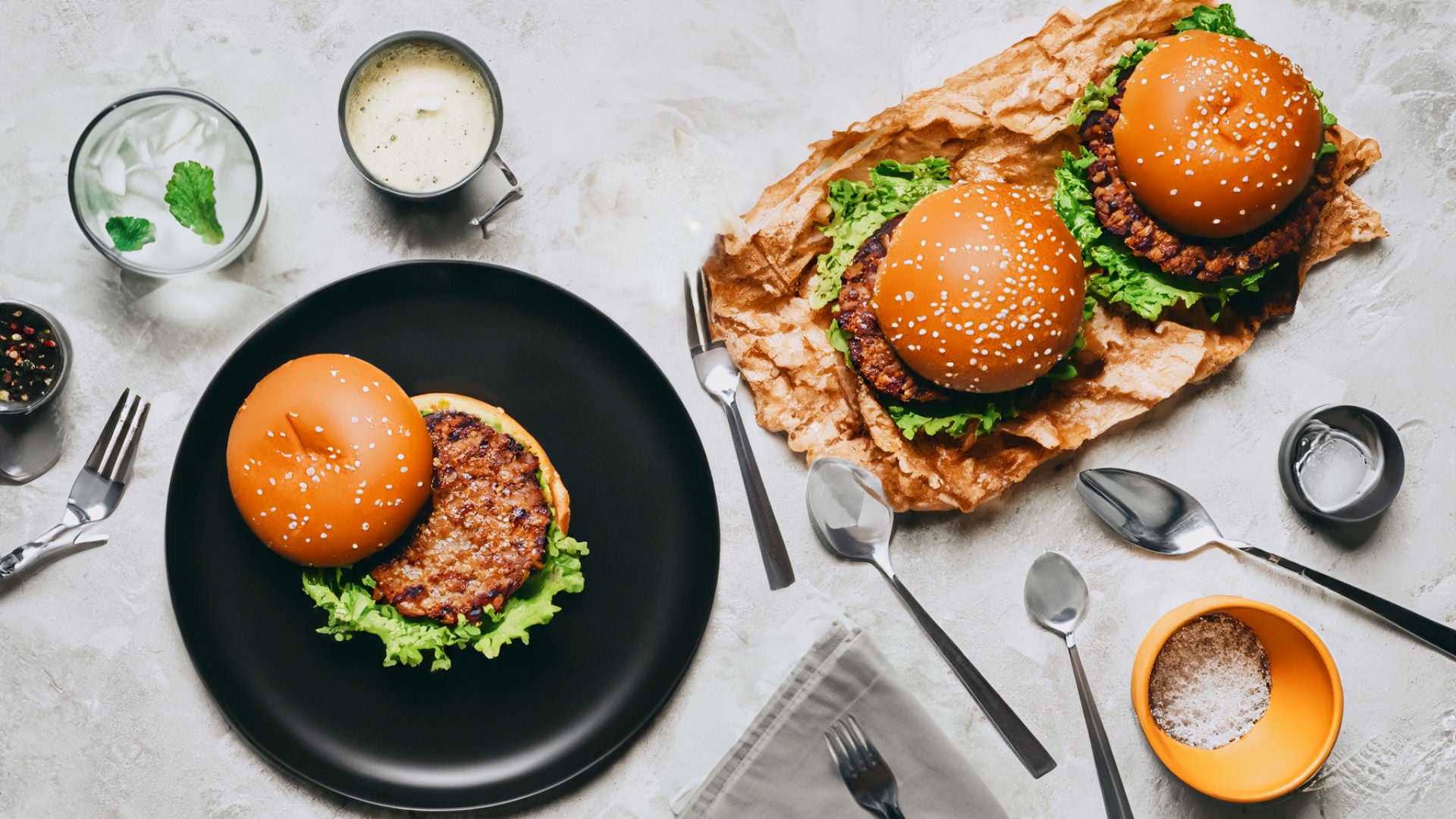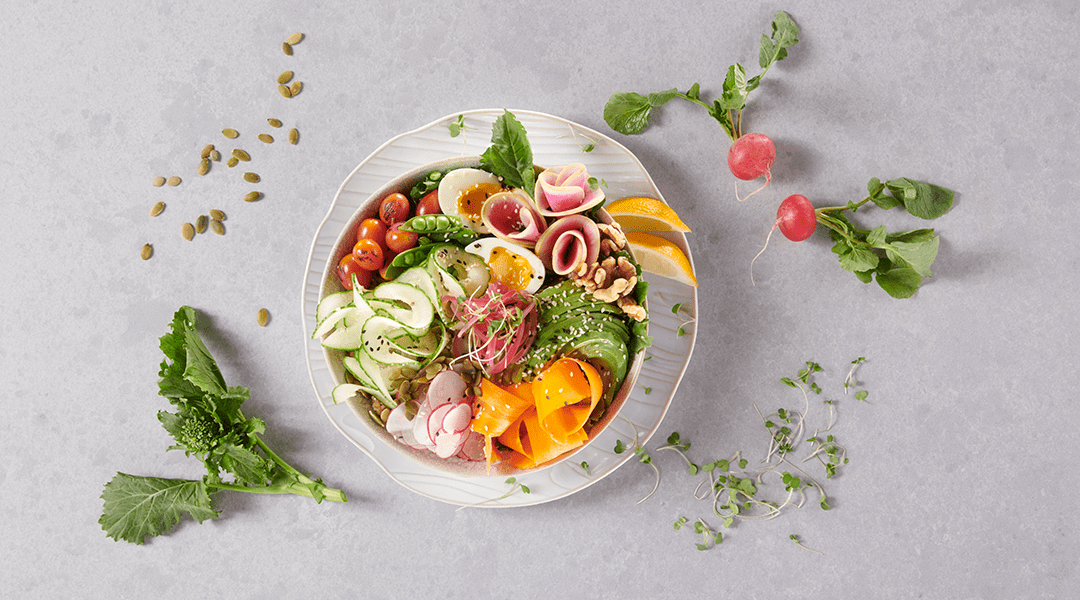Gluten is often criticized in the media as being harmful to health and a catalyst for weight gain. Is this true? Not exactly. It is true that for those with gluten intolerance or celiac disease, gluten can be extremely harmful to digestive health. When people with celiac disease consume gluten, their immune system responds by attacking the lining of the small intestine. As a result, they may experience diarrhea, constipation, bloating, cramps and other symptoms. For those with gluten intolerance or celiac disease, following a gluten-free diet is crucial to ensure healthy digestion and minimize adverse symptoms.
What is Considered Gluten-Free?
According to the Food and Drug Administration (FDA), a gluten-free food cannot contain barley, rye, oats, wheat, or wheat derivatives, and foods cannot contain gluten at levels of more than 20 parts per million.
Learn More About Labeling Foods Gluten-Free
How to Detect Gluten in Food
Wheat is one of the top 8 food allergens and must be declared on a food label. However, because gluten is found in more than just wheat, be sure to look for other words that indicate gluten, such as breading, kamut, spelt, triticale, durum, farina, graham, kasha, semolina, or malt.
The Challenges of a Gluten-Free Kitchen
In any foodservice operation, managing gluten-free diners is a challenge. Eliminating cross-contact (when one food comes into contact with another food and their proteins mix) is very important for customers’ safety.
Steps to Avoid Gluten Cross-Contact
- Prepare gluten-free foods in a separate location from other foods.
- Minimize the use of fans during gluten-free food preparation as airborne flour or other gluten contaminants may lead to cross-contact.
- Cover all food containers.
- Use dedicated cooking utensils, pots, and cutting boards to minimize risk.
Using these tips is a great start to minimize cross-contact and avoid a potential gluten reaction. What are some of the other steps you take in your facilities? Please share in the comment section below.
The Nutrition Resource Center at Gordon Food Service, a team of registered dietitians and certified food-safety professionals, offers many food-safety tools and resources for customers. If you are currently a customer, learn more about our food-safety service offerings.

